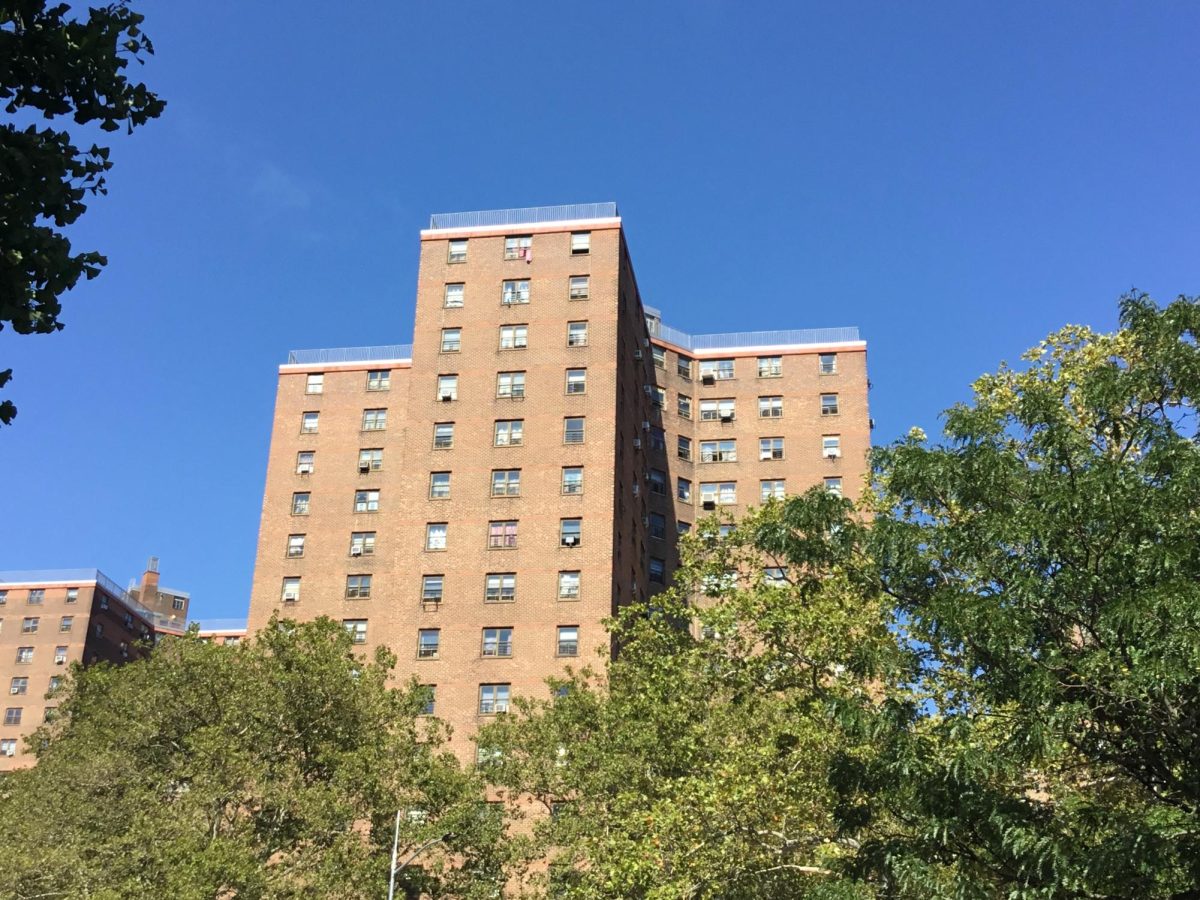The federal government created an Emergency Housing Voucher to supplement income for rent during the COVID-19 lockdowns in 2021.
The program was initially funded until 2030, but the current administration has announced that the funding will end four years earlier, at the end of 2025. The abrupt change is estimated to affect roughly 7,700 New York City households. To do this without warning is unfair to New Yorkers, blindsiding families in vulnerable financial positions.
NYC received 11% of the $70,000 allotted to the program, which is by far the most of any state, as the city houses many renters who barely make ends meet. To many families, the supplemental income made navigating the renter’s market easier post-pandemic, but many are still recovering financially or experiencing difficulties in an increasingly unstable and uncertain economy.
According to Gothamist, many tenants in the city who currently participate in the program are now uncertain of how they will cover the full cost of their rent. The change in the voucher’s timeline has cut not only funding but also a sense of financial stability, affecting both tenants and landlords. If tenants become unable to meet monthly payments, landlords’ income will also be impacted.
Amid nationwide inflation growing at the everyday consumer level, additional financial uncertainty concerns many renters who already worry about being able to pay for groceries and other bills.
The city experiences many challenges with accommodating a large homeless population, which may potentially grow if renters are evicted due to their inability to make monthly payments. The concerns raised by the early expiration of the voucher show the need for state and local officials to take action now before the voucher ends to help landlords and renters navigate the changes that may happen to their financing.
Whether these measures include finding alternative funds and resources or providing housing aid, the city should make intentional efforts to proactively mitigate any negative consequences of the voucher’s early termination. With a third of the year already underway, if the city were to take proactive measures, it would need to begin sourcing funding and drafting plans very soon.
Proactive measures are essential given the state of the city’s current housing situation, where many renters are not prepared to deal with such sudden changes.







Margarita Edmond • Apr 8, 2025 at 3:04 am
What’s the name of the voucher program that the article is talking about??